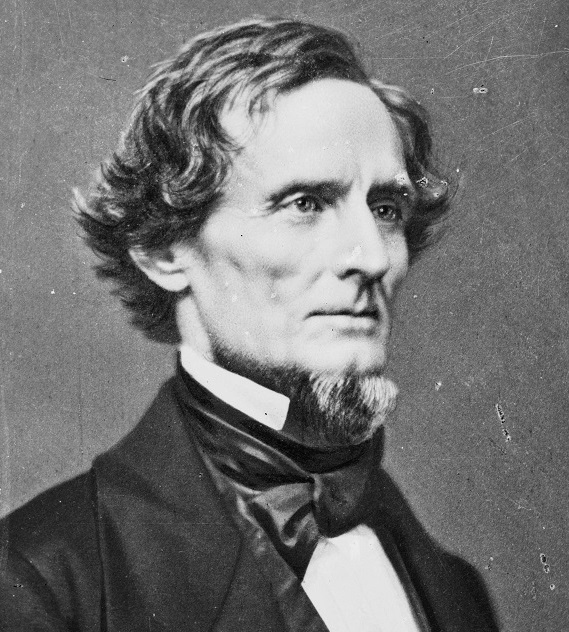A review of How to Study History When Seeking Truthfulness and Understanding: Lessons Learned from Outside Academia by Howard Ray White
Howard White has written a dozen or so highly original books on the War Between the States (Bloodstains, The C.S.A. Trilogy, and others). In the midst of a very successful career as a chemical engineer, he was drawn to the study of history in his 40s by his memory of a family house on the Nashville battlefield.
He presents the lessons he has learned from intense historical study in this short book. It provides a useful critique of the failings of short-sighted and ideological historian and a handbook for non-professionals who want to learn genuine Southern history (as we all should).
White writes: “After reading many [history] books, his scientific/engineering-trained mind began sensing that, in most of the recently published books he had read, the writer omitted many important historical facts, perhaps because he or she was conforming to politically correct pressures….He found that he often preferred books written by men and women who were not career college professors.”
The author gives detailed explanations of the practices that he follows. His lessons include an attention to biography, knowledge of the realities of your own family history in the period studied, immersion in the context of the time, and strict attention to the sequence of events which accounts for actions and reactions. Another important practice is to give true definitions of phenomena. For instance, waving around the label of “anti-slavery” fails to clarify what the movement was and thus obscures the context of actions and reactions. He distinguishes between “Exclusionism,” “Deportationism,” and “Abolitionism,” which represented different groups with different motives and goals. Such proper naming of things greatly illuminates the past.
And always remember that victors write and propagate the history of great controversial events. Be always ready to identify and question such “history” and look for the real motives behind supposedly virtuous actions.
In fact, White has indeed identified many of the failings of academic historians of today who care not about the history that people actually lived but are eager to force artificial theories onto the experience of humanity. It is to the non-professionals that we too often need to look to understand the past of our kind.







